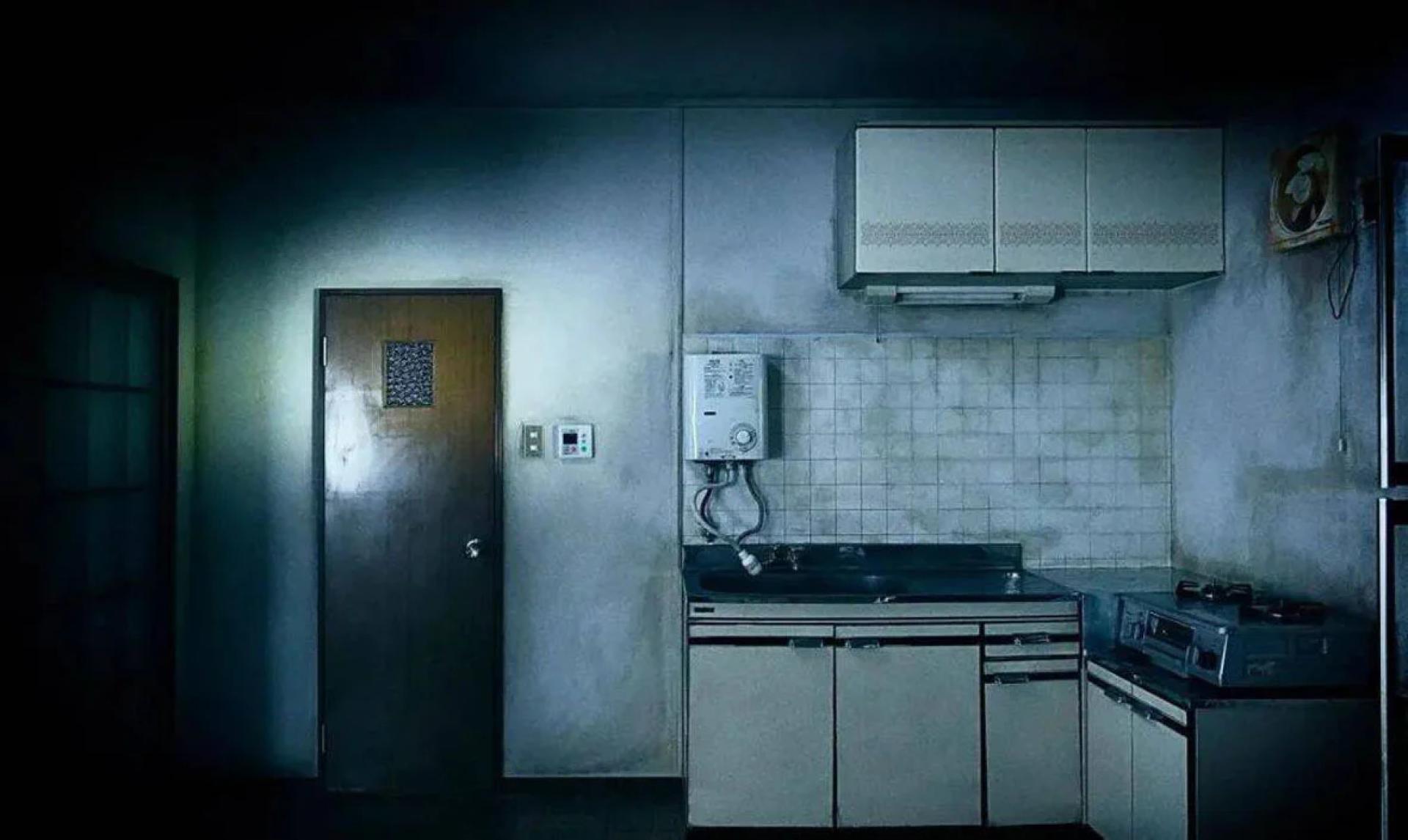Japanese real estate advisor and paranormal investigator Kazutoshi Kodama stated that as real estate prices rise, stigmatized properties (“jiko bukken,” where unnatural deaths occurred) are becoming options considered by more and more residents and investors.
According to foreign media reports, a house Kodama frequently investigates has a rather eerie history. Seven years ago, an elderly woman took her own life in the bathroom; last year her son also died alone, and his body was not discovered until about ten days later.
Kodama said that he has stayed in this house, located in a quiet residential area of Chiba Prefecture, nearly 20 times from 10 pm to 6 am, using a total of 4 cameras, a thermal imager, a magnetic field detector, a barometer, a thermometer, and a recorder to monitor the place, recording data once every hour.
Once he confirms that there are no inexplicable electromagnetic disturbances or other supernatural phenomena in the house, he prepares a certificate verifying that the house is not haunted.
In Japan, houses where murders or suicides have taken place may cause psychological discomfort for new owners or tenants. Some “solitary deaths” (‘kodokushi’) have a similar effect—if a body decomposes for some time before being found, special cleaning services may be required, and in some cases, flooring and wallpaper need to be replaced.
Kodama established his own company, Kachimode, three years ago, specifically to provide so-called ghost investigation services for those wishing to buy or rent a house. He says, “In the past, it was almost impossible to find tenants… but as real estate prices rise, people are starting to consider stigmatized properties as options.”
Japan's surging housing prices are the result of soaring material and labor costs, as well as a weakened yen and relatively affordable real estate attracting a flood of foreign investors.
Japan's rapidly aging population has also led to more cases of solitary deaths. According to the first report of its kind published by a national policy agency, last year there were nearly 21,900 cases in which a death was not discovered until at least 8 days later.
This trend has made it difficult for elderly people to rent homes, as landlords fear their property will eventually become stigmatized. To help ease the problem, the government issued guidelines in 2021 suggesting that the stigma can be removed from houses where a solitary death occurred after three years have passed, making it easier to find tenants.
Nevertheless, owners and agents still need to disclose the property’s history to all potential buyers and renters who inquire.
The government's guidelines have sparked interest in stigmatized properties. Some real estate agents say that younger people are more willing to live in such houses, and investors—both domestic and foreign, many from China—are attracted by the potential for high returns.
Akira Ookuma (tentative translation), founder of real estate agency Happy Planning, noted, “Investors don’t care (about the property’s history), because they don’t live there.” Some simply raise the rent once the three-year period is up.
Industry insiders believe the number of stigmatized properties in Japan will only increase. The National Institute of Population and Social Security Research estimates that currently, people over 65 living alone make up 14% of all Japanese households, and in 20 years, will account for 20%.
